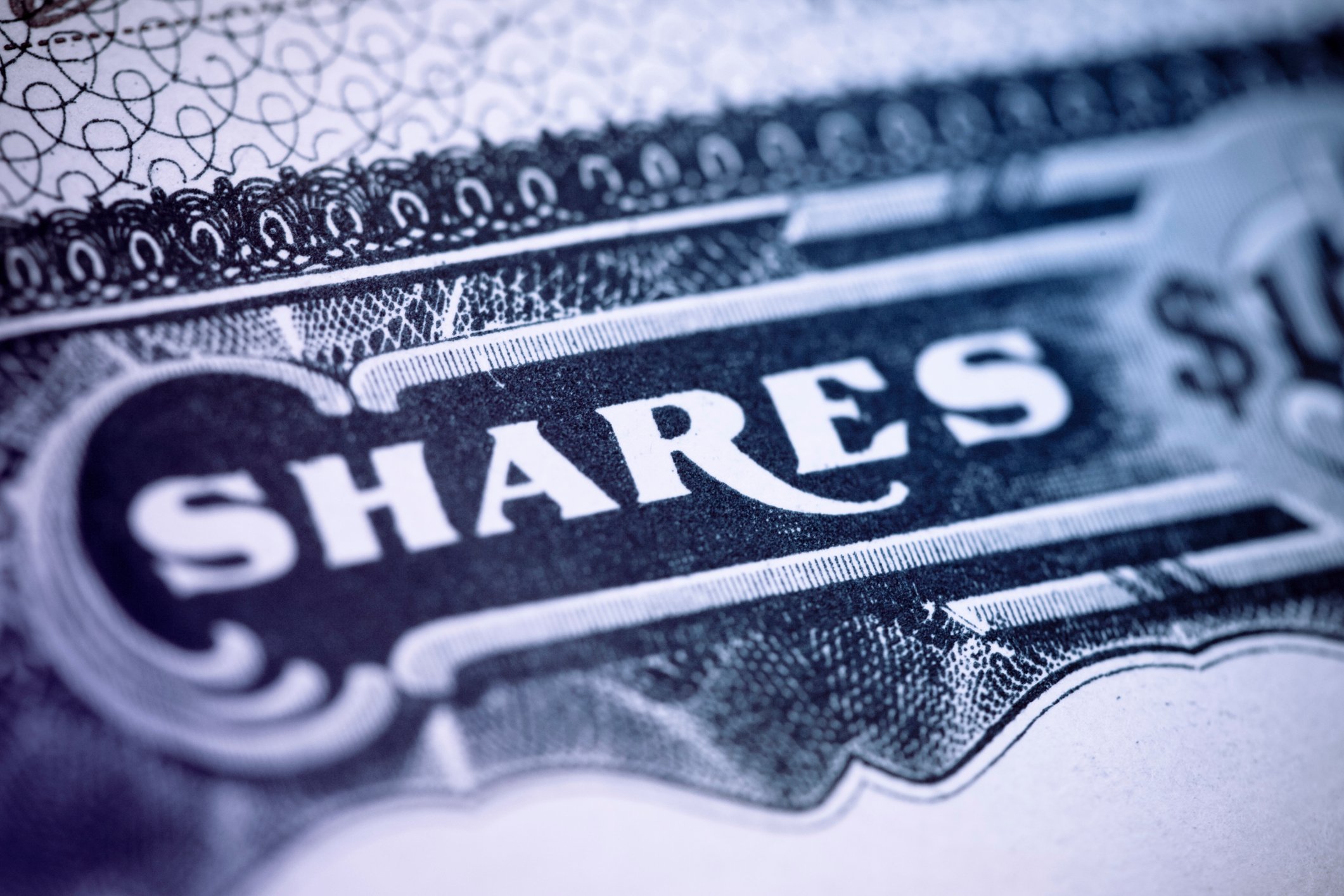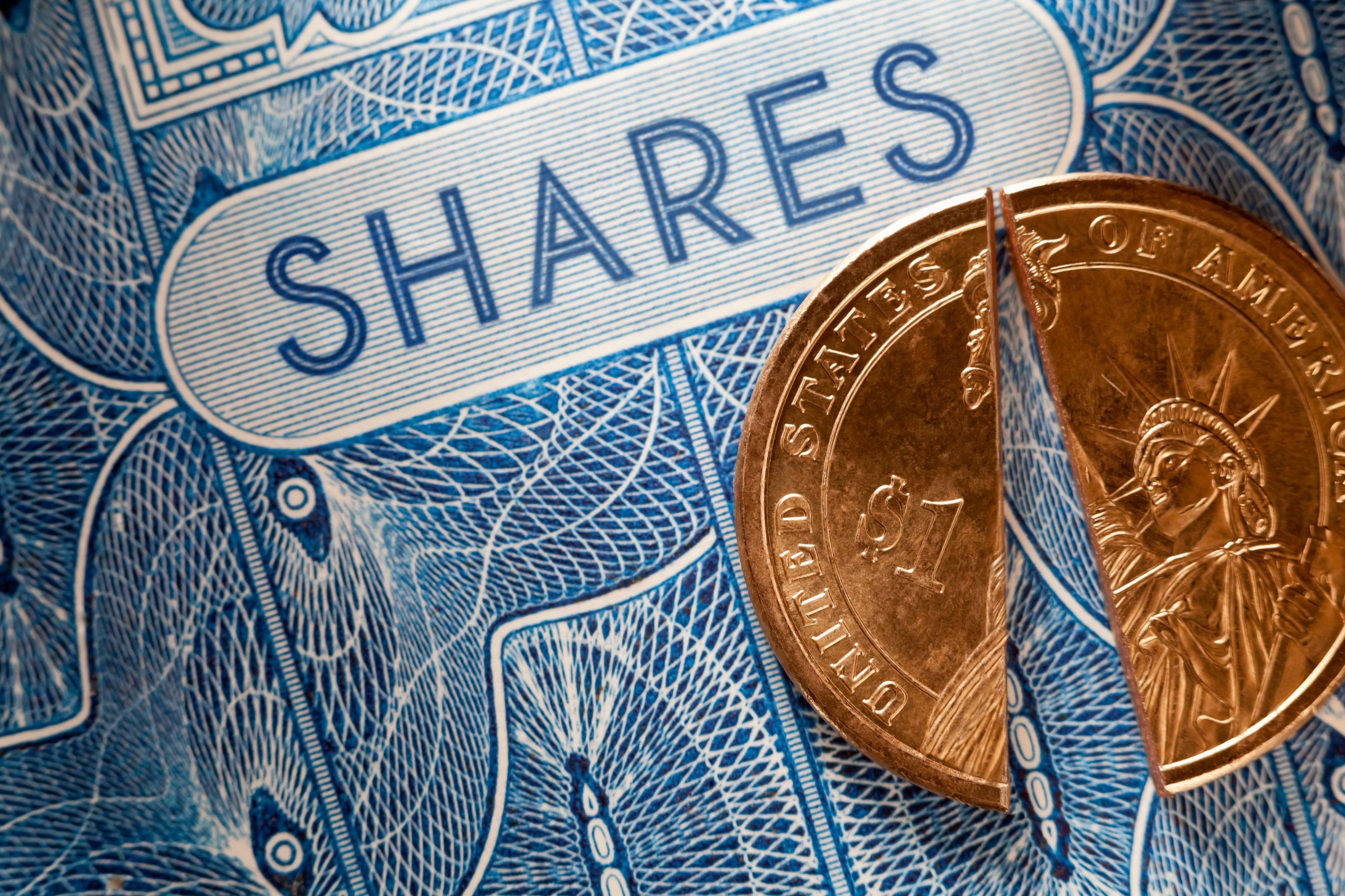Shares of Sirius XM Holdings (SIRI +0.00%) hit another 12-year high on Monday. The country's lone satellite radio provider would go on to improve its fundamentals, announcing that it's laying to rest a pending legal matter by settling with SoundExchange.
A Securities and Exchange Commission filing after Monday's market close explains that Sirius XM will pay a one-time lump sum payment of $150 million to SoundExchange in the next few weeks, settling a couple of lawsuits claiming that Sirius XM had been underpaying due performance royalties over the past decade.
It's a win-win deal. SoundExchange is a nonprofit that will be able to return money to the artists it represents sooner rather than later. Sirius XM will have one dark cloud of litigation lifted, even if it means it has to shell out a nine-figure settlement.

Image source: Sirius XM Holdings.
Pumping up the volume
Sirius XM is good for the money. It's expecting to generate $1.5 billion in free cash flow this year, so it can survive the $150 million settlement. It's a small price to pay for clarity for the media mogul.
The cost of cranking out commercial-free tunes gets more expensive every year for Sirius XM, but it does pass on the cost to its subscribers in the form of a monthly music royalty fee. Subscribers are paying more with every passing year, including an increase in February that boosted the music royalty fee from 13.9% to 19.1% of the going subscription rate for accounts that include music channels.
Subscribers aren't handing over blank checks, but they haven't been flinching through the regular rate and fee hikes. Sirius XM closed out the latest quarter with a record 33.1 million total subscribers, 330,000 more than it had when the period began.
Settling the pair of SoundExchange lawsuits isn't just about removing liability uncertainty. We live in an era of social media, and the last thing Sirius XM would want is to upset the musical artists that it relies on to fill up its programming. If superstars and up-and-coming musicians had started to badmouth Sirius XM as a deadbeat platform in its battle with the royalty-collecting SoundExchange, it wouldn't have ended well for either party. Sirius XM is becoming a more important source in generating revenue for artists, and a hit to its reputation would sink both ships.
Investors will be relieved, but with Sirius XM at its highest level since 2006 -- a period when it had fewer shares outstanding and a much lower market cap -- they were already feeling pretty good about Sirius XM. Settling the score with SoundExchange is a small story, but it's the right kind of news to send an already-buoyant stock to new highs.






